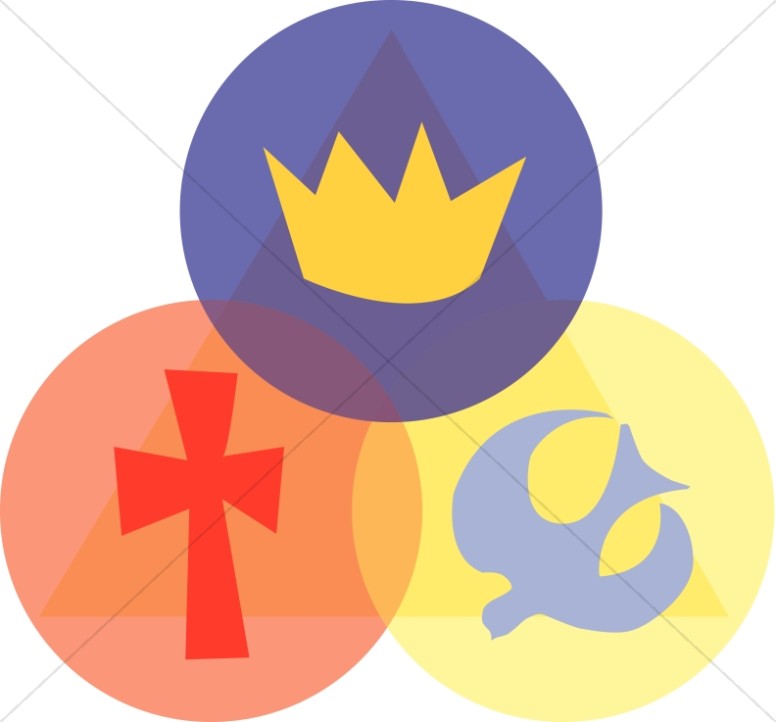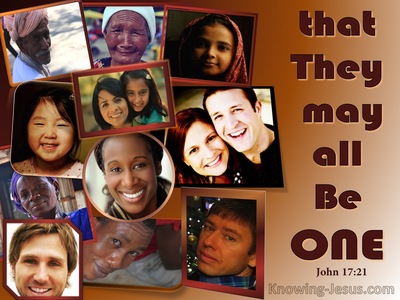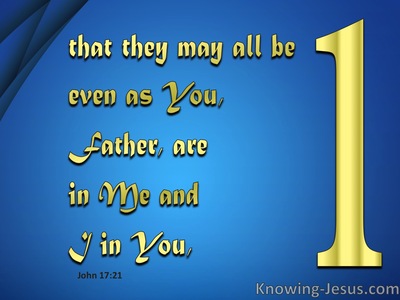HOMILY
FOR THE SOLEMNITY OF THE MOST HOLY TRNITY
Rev.
Fr. Ezekoka Peter Onyekachi
Firmly I believe and
truly that God is three and God is one. God is three in their persons. God is
one in their nature. The revelation of this triune God received its fullness in
the coming of the Holy Spirit. This fullness of revelation demonstrated the perfect
life of love in God, so that the three persons, by one and the same essential
love, love the supreme good, with which they are identified. In this love,
there is a perfect union without any inordination of love, no egoism. The
entire personality of the Father is the relation to the Son, the entire
personality of the Son is the relation to the Father, and the entire
personality of the Holy Spirit is the relation to the Father and the Son. In
their inseparability, the Father is God, the Son is God, the Holy Spirit is
God. In their distinctness, the Father is not the Son, because no one generates
himself, and the Father and the Son are not the Holy Spirit. It remains a
mystery and hidden to man how this comes about. This is what we celebrate
today. It is the feast of unity (without uniformity) in diversity (without
fragmentation).
The First Reading (Deut
4:32-34, 39-40) reminds us of the initial move of God towards mankind in
creation and the choice of a people for his own. This already showed to us a
God that creates and elects. He made an option for Israel, Moses through the
manner of question reminds the people that God does not just choose and
abandons. He speaks (just as he spoke in the burning bush). This act of
speaking is a significant character in divine revelation. This links us to the
story of the call of Samuel. ‘Speak Lord for your servant is listening’ is an
assurance that God does speak to his people. He speaks so as to communicate and
be understood. He never ceases to reveal himself to mankind. He does not only
speak; he saves. Moses reminds the people that it was for the power and grace
of God that they became victorious when enemies attacked them.
This is a revelation of a God
who creates and saves. And in the economy of salvation, creation is the work of
the Father, as salvation through death on the cross is the work of the Son. It
is because of the immensity of the love manifested by God in creation and
redemption that we are challenged to reciprocate to this divine love. This is
why Moses made it compulsorily clear that the commandments of the Lord must be
kept by us for our own good. To keep the commandments of the Lord, we require
the Holy Spirit; the work of a Counsellor. The Holy Spirit reminds us of the
teachings of God, and urges us on through the outpour of his gifts to remain adopted
sons and daughters of God. We see how the First Reading unravels the work of
the Trinity even when it specifically talks of the Father; and so, this
revelation had already started, even though the human mind was not mature
enough then to grasp it.
The Second Reading (Romans
8:14-17) dwells on the Holy Spirit. Those who are led by the Spirit are called
sons of God. Again we see that in talking about the Holy Spirit, we cannot also
talk about the father. They work distinctively and achieve inseparably. It is
the Spirit that bear witness to the fact that we are children of God. In being
children of God, we become heirs of God. This means that we become inheritors
of the kingdom of God. In becoming heirs, we become that which Christ has
become, and so, we are heirs with Christ. But there is a condition. We must
suffer with him so as to be glorified. No cross, no crown. When you hear the
glory, think of the story. That story is the story of suffering, because only
it can perfect and purge the Christian.
The Gospel (Matt.
28:16-20) concentrates on Jesus. Jesus had already invited his disciples to the
mount of Galilee. Immediately they saw him, they worshipped him. This signified
that they believed that he is God. However, they doubted; but this doubt had to
be cleared. So, Jesus had to give them the great commission. Jesus now transferred
power to them and urged them to go and make disciples of all nations. And now
he gave them the formula for evangelization: the Father, the Son, and the Holy
Spirit. Here comes the clear revelation of the three persons in one God. The three
persons that are inseparably united in nature can work as three, but execute as
one. The life of love and unity among them must challenge us towards the life
of love and unity among Christians today.
And so,
the three persons of the Most Holy Trinity must inspire also our human society.
The Father, the Mother and the Children must live together in unity and peace. The
inseparable unity and love of the Trinity has to reflect in our domestic
Church. Following this identity of the three, the Church has three hierarchical
structures among the clergy: the deacon, the Priest and the Bishop. We must
also work hard to reflect the love and unity of the Trinity in this hierarchy
by being in one heart and mind with ourselves and with the Church. We must not
allow ourselves the joke of not participating to work for an indivisible unity
in the Church. It is true that no two persons are the same; but it is even
truer that we can live as same. The three persons in the Trinity are distinct
persons and this is shown in their function in the economy of salvation (the Father
creates, the Son saves and the Spirit sanctifies); yet they are inseparable in
their substance and essence. We may be different, but we can understand and
tolerate one another. Happy New Week. God bless you.







